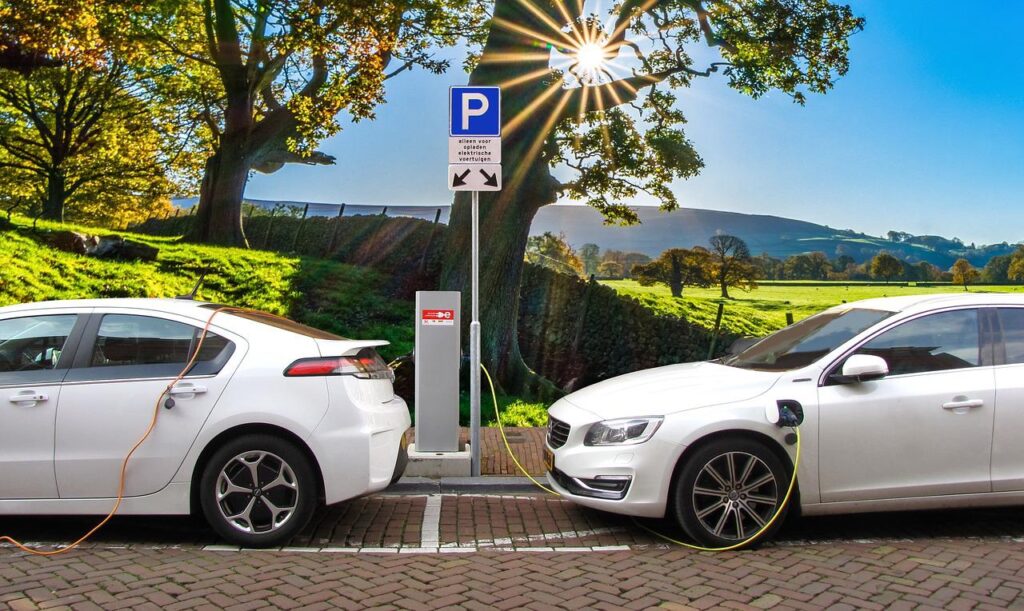How One State Is Preparing For A Surge In Electric Vehicles On The Road
Texas is working to push two bills through the Senate and has already received federal funding to increase the number of electric vehicle charging stations that are on the roadways.
This article is more than 2 years old

The world is racing to reduce carbon emissions before it’s too late. One of the ways to do that is to reduce the number of gas-powered cars on the roads. Some states have already banned the sale of gas-powered vehicles, while others, like Texas, are preparing for more electric vehicles on the road.
Texas Senate Bills 1001 and 1002 are laying the foundation for the Lone Star State to install fast charging stations across the state. In addition to the two bills that are working their way through the Senate house, the state has received around $400 in funding from a federal source to install the fast charging stations. Ideally, since the funding has already been issued, the bills will quickly go through their due process, and the electric vehicle charging station installation will begin as soon as possible.
According to the Texas Department of Transportation, there will be an electric vehicle charging station every 50 miles on major roadways. On roads less traveled, charging stations will be available every 70 miles or so. This is a great progress for a state that has close to 20,000,000 licensed drivers on the road.
California was one of the first US states to ban the sale of gas-powered vehicles. Shortly after, New York also banned the sale of gas-powered vehicles. Other states like Maryland, Massachusetts, New Jersey, New York, and others are also following suit.
States like Texas need to prepare for the influx of electric vehicles on the road. In the coming years, the number of electric vehicles on the road will likely outnumber gas-powered vehicles. Charging stations must be available just like gas stations are available now.
While Texas lawmakers are prepping and laying the foundation to install electric vehicle charging stations across the state, they are also preparing for the loss of tax dollars on gas. To compensate for this loss, Texans with an electric vehicle will likely have to pay a registration fee. Just like tax dollars collected from the sale of gasoline go towards the maintenance and upkeep of roads, the registration fees will be used for the same thing.
Currently, over 150,000 electric vehicles are registered in Texas. This number will only increase as the world switches to the more eco-friendly option. It is essential that roadways are prepped, and people traveling on the roads have somewhere to charge their vehicles.
There are currently only about 2000 electric vehicle charging stations in Texas. With the federal funding the state received and once the bills pass the senate, the state plans to install charging stations to provide power to as many as one million cars. By the end of 2023, the number of stations available to charge an electric vehicle will have increased.
Specifically, Texas is installing fast charging stations. The price it costs to charge an electric vehicle will vary, but one could expect to pay around $30 for a full charge. To get a full charge, it will take about half an hour. With such a hard push for the world to switch to electric vehicles, this is good news for Texas and its drivers.





